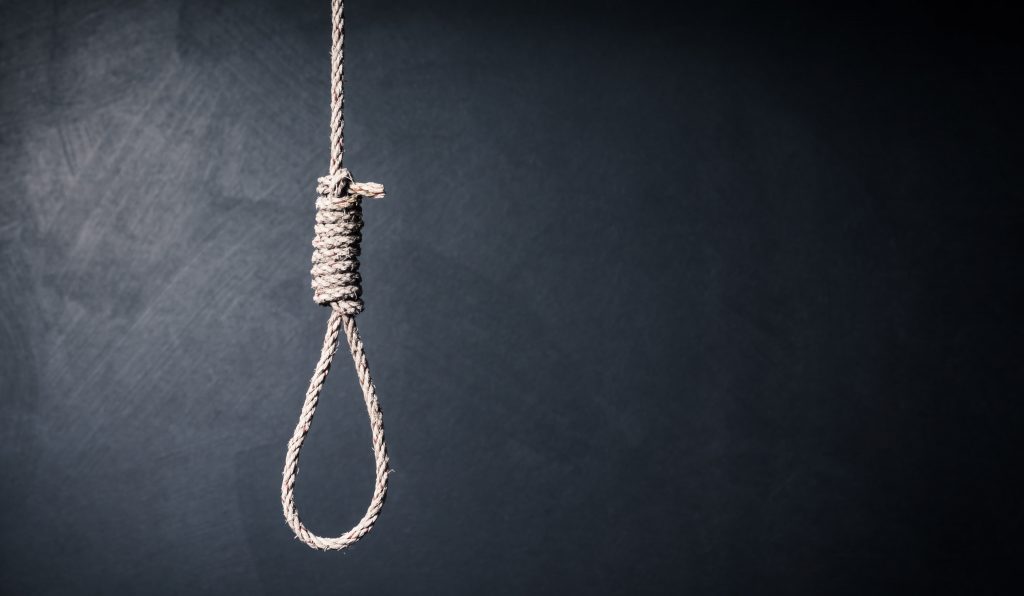New Delhi: As the call for giving death penalty to rapists intensifies following a recent spate of gruesome gang rapes and murders, there is need to look at India’s standing in sentencing convicts to capital punishment.
Parliament had last year expanded the scope of death penalty by introducing it in cases of rape of girls below 12 years under Protection of Children from Sexual Offences (POCSO).
As per Project 39A report on death penalty, released by National Law University, Delhi, between 2000 and 2014 trial courts sentenced 1,810 people to death, more than half of which were commuted to life imprisonment and about a quarter of those, 443, were acquitted by the Supreme Court and high courts.
The Supreme Court had upheld the death sentence of 73 of these prisoners, out of which many had already spent a decade on death row.
The apex court last year commuted 11 death sentences to life imprisonment, while confirming them in three cases in the review plea hearing of the December 16 Delhi gang-rape case.
Former Chief Justice of India Ranjan Gogoi had heard death penalty cases on priority by constituting four benches, each comprising three judges, which sat simultaneously for over 6 weeks to decide cases of capital punishment.
The apex court had confirmed seven death punishments in 2017 whereas in 2016 it had confirmed capital punishment in one case and commuted seven death penalties.
However, the trial courts in India sentenced 162 persons to the gallows in 2018, which was the highest in nearly two decades, since 2000. Out of these, 45 included cases for murder and 58 for murder involving sexual offences.
The high courts had confirmed 23 death sentences in 2018 whereas they commuted 58 of them and remitted 10 cases. The year saw acquittal in 23 cases in high courts.
As per its data on death penalty, as many as 720 prisoners have been executed in India since 1947. Half of these are accounted for by Uttar Pradesh, followed by Haryana, 90 and Madhya Pradesh with 73 executions.
One of the initial executions of independent India was of Nathuram Godse and Narain D Apte, assassins of Mahatma Gandhi; they were hanged to death in Ambala Central Jail in Haryana November 15, 1949.
